It was great bringing together investors in African and Africa-focused companies to discuss insights, challenges, ideas, and thoughts about investing in the era of COVID-19. The webinar was hosted as an open-mic session and featured over 100 participants from first time Angel investors to Venture Capitalists, Private Equity professionals, and Fund Managers across the globe. With the view that a lot of the developed market investors will be focusing on local opportunities when they come out of portfolio management triage, we felt it was important to share and exchange thoughts on how to assemble post-COVID capital for the next generation of important seed and early-stage startups.
We are also putting a list of active Africa-focused investors together and would appreciate if you could fill out this form to get more information on your investment criteria.
Questions & Answers (transcript edited for brevity):
What is the biggest risk for an investor investing in Africa?
Founder integrity is a big problem. The willingness to cut corners for the benefit of themselves and to the detriment of investors is a big issue. There’s a much smaller and finite group of founders that you can count on. Dealing with this becomes a burden on the investor and presents a risk that may not be very visible to you in other markets.
The paucity of exit opportunities. This is something that comes up when we talk with LPs in other markets that they don’t see. The concept of getting dividends and payouts on cashflow is not traditional in VC because VC is set up for the exit; the big win; the power-law distribution across the portfolio. But the fact of the matter is there will be many companies that may never get to that exit but become really good operating businesses. One thing that investors always hope for is that there is going to be some exit at the end of the rainbow, but what happens when there isn’t one? How do you force that? Do you now start to think about getting dividends into this thing and so on and so forth? And it’s going to be much harder when you do this at the end versus the beginning. I don’t know whether there is a solution to that right now because I think the US market has always been very interesting in how to set the pace for all these terms. I’ve seen how the terms change when the market changes. The first time I saw a 5x liquidation preference was in the US. I’ve never seen it anywhere else. I’ve never seen it in Africa and never knew it existed! Hard ‘redeemable’ dividends, compounded – I’ve seen that in the US. These are all terms designed to ensure that there is a return and I think one of the things we should do as investors is to have open conversations with the founders about expectations. It feels like the founder just wants to get your money to go in and just do the work, and that is probably not a bad thing because one of the key lessons of being an investor is knowing how to get out of the way, but, there is an expectation for the return and I don’t know how many of us are having those conversations. That’s a thing I think people should talk more about.
How do you not lose credibility with employees that have sacrificed so much for your startup? (Founders addressing layoffs as a result of COVID-19)
As investors, we have to be co-empathetic with the founders we’ve invested in to go through this process. I like to tell people that one of the hardest things I did was when I was Chief of Staff for Intel Capital, we had to participate in a companywide reduction in force and I remember it like it was yesterday. I hated every minute of it and I swore I was never going to be part of it directly ever again. So, I cannot even begin to imagine what it is like for people to go through that. We’ve talked about being able to help founders navigate through this process. Being available and empathetic with them to help them get to the strength they already had and to the strength they will need to make the hard decisions. You need to be able to get to people and relay to them that this is not the outcome I wanted but everybody is struggling and it’s not just us, it’s the whole world. For us to survive and give you the opportunity to potentially come back, we’re going to have to reduce our headcount. Investors have to be supportive of that process.
How do we help facilitate consolidation?
All the startups in the world believe they are fantastic but I’ve been in this business long enough to see businesses releasing press releases of how great they were on Monday and sending shutdown emails on Friday. I get wanting to look bigger and better than you are but that suggests to me that you are not a pragmatic founder because what you have to be able to do is to sit down and say let’s figure this thing out. We created a corporate development element inside our fund to help startups to be better placed to get acquired or to acquire. You’ve got to go back to your startups and ask if they are better off doing this together with the competition and going out and raising money with a bigger opportunity and execution set than you are just doing this now and coming to a halt in 30 or 60 days? That’s going to be very important and I think all of us need to have those conversations with our startup founders because it needs to happen. There’s no way you’re going to get around it now, it’s super super important.
